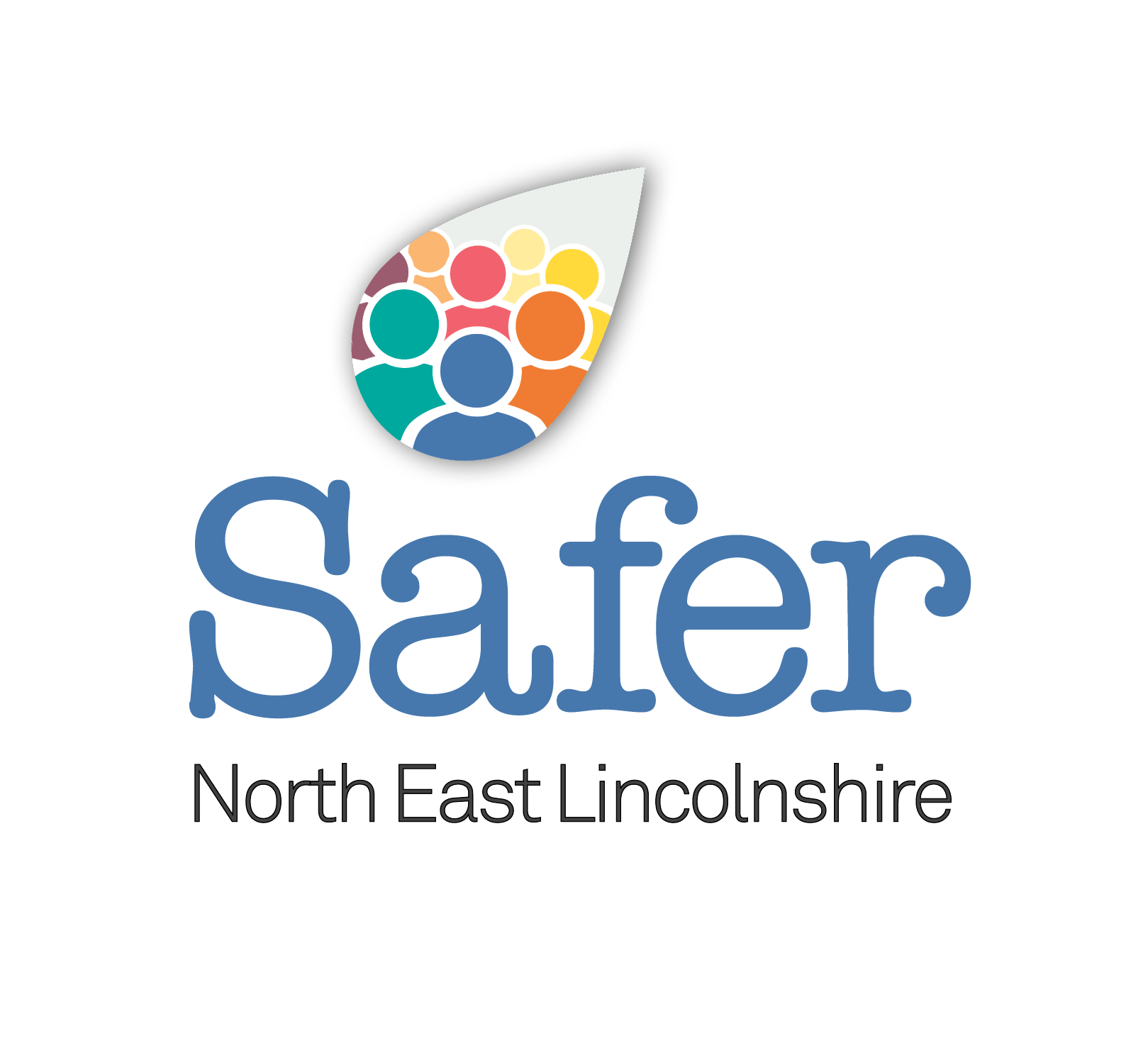Emotional abuse
Children
Emotional abuse can involve deliberately trying to humiliate a child, scare them, isolate them or ignore them.
Emotional abuse can seriously damage a child’s emotional development. Emotional abuse is the ongoing emotional injustice of a child, which can also be recognised as psychological abuse. Children who are emotionally abused can experience another form of abuse or neglect.
For more information on emotional abuse please visit the NSPCC website .
Adults
Emotional abuse can have harmful effects a person’s emotional health and development.
Mental cruelty can result in:
- mental distress
- denial of basic human and civil rights such as self-expression, privacy and dignity
- negating the right of the adult at risk to make choices and undermining their self-esteem
- isolation and over-dependence that has a harmful effect on the person’s emotional health, development or well-being
This could take the form of:
- Enforced social isolation – preventing someone accessing services, educational and social opportunities and seeing friends
- Removing mobility or communication aids or intentionally leaving someone unattended when they need assistance
- Preventing someone from meeting their religious and cultural needs
- Preventing the expression of choice and opinion
- Failure to respect privacy
- Preventing stimulation, meaningful occupation or activities
- Intimidation, coercion, harassment, use of threats, humiliation, blaming, controlling, bullying, swearing or verbal abuse
- Addressing a person in a patronising or infantilising way
- Threats of harm or abandonment
- Cyber bullying
What does emotional abuse look like?
- An air of silence when a particular person is present
- Withdrawal or change in the psychological state of the person
- Insomnia
- Low self-esteem
- Uncooperative and aggressive behaviour
- A change of appetite, weight loss/gain
- Signs of distress: tearfulness, anger
- Apparent false claims, by someone involved with the person, to attract unnecessary treatment
Reporting a concern about a child
If you have concerns about a If you have concerns about a child please report your worries contacting the NELC Children’s Integrated Front Door online or by calling 01472 326292 Option 2.
The Front Door can also offer information, advice and guidance around early help.
Reporting abuse on adults
Anyone that suspects another professional or adult of abuse or neglect has a duty to refer it to the relevant employer or safeguarding agency to be investigated.
If you need to raise a Safeguarding Adults concern, please call 01472 256 256. This number is available 24 hours a day, 365 days a year.
